
Pedro Gomes/TAS24/Getty Images; Visual China Group/Getty Images; Marcus Piggott; Jason Kempin/Getty Images; Tyler Le/BI
- Taylor Swift has released 12 distinct albums throughout her career (and rerecorded four of them).
- BI’s resident Swift expert ranked them from worst to best, using a unique scoring method.
- “Folklore” took the top spot, while Swift’s newest album, “The Life of a Showgirl,” is ranked last.
Taylor Swift’s “The Life of a Showgirl” is the newest addition to a prodigious discography that includes nearly two decades’ worth of music, a dozen No. 1 hits, and four album of the year winners at the Grammy Awards.
These days, every album that Swift unleashes is all but guaranteed to find commercial success and fan-fueled fawning, but as with every musician, some albums are better than others — and one is better than all the rest.
Business Insider’s senior pop culture writer and resident Swift expert, Callie Ahlgrim, scored all 12 of Swift’s distinct albums, coupling each “Taylor’s Version” rerelease with its original. They’re ranked below from worst to best.
12. “The Life of a Showgirl”
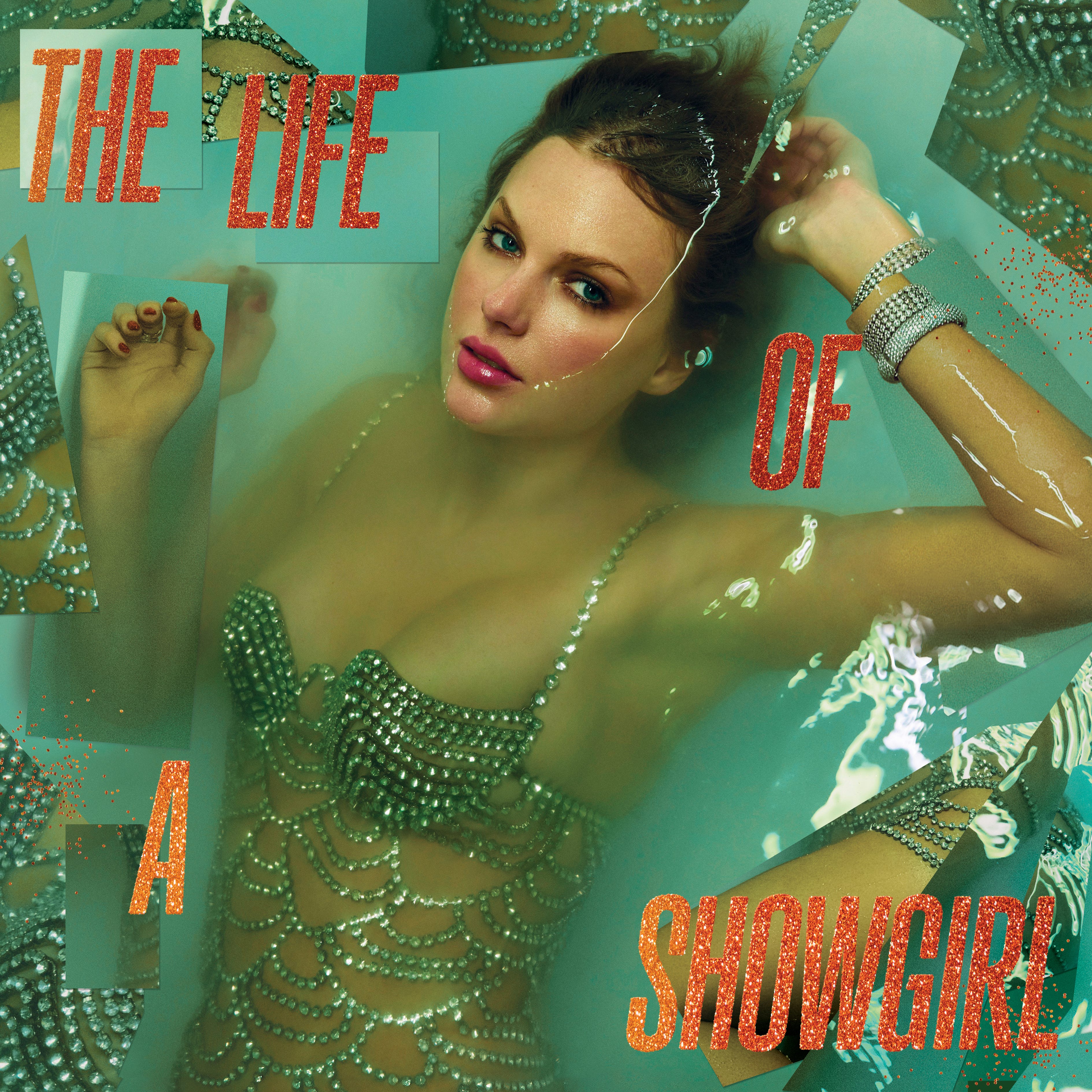
TAS Rights Management
Final grade: 6.7/10
In many ways, “The Life of a Showgirl” is the spiritual successor to “Reputation.”
Both albums are written by a Swift who’s in love, headstrong, and determined to defend her relationship from cynics.
Both are co-produced either partially or entirely with Max Martin and Shellback, who tease out some of Swift’s stickiest hooks. Both are pop albums that lean hard into the drama and commit to the bit.
Alas, both albums are devastatingly front-loaded, starting off strong before taking a turn for the worse in the latter half. In the case of “Showgirl,” Swift spends way too much time treading tactless or redundant ground, from a banal suburban fantasy (“Wi$h Li$t”) to a slew of corny sex puns (“Wood”) and an eye-roll-inducing ode to scandalous starlets (“Cancelled!”). Swift famously described herself as a mirrorball, and if this is her reflecting the crowd’s demands and cultural obsessions back to us, I’m morbidly fascinated by the result.
As the album title suggests, “Showgirl” is more concerned with gloss than substance. The few times it succeeds are when Swift doesn’t undercut her own craft.
The first four songs, which are also the album’s best, manage to prioritize melody without dumbing down the language. “The Fate of Ophelia” and “Elizabeth Taylor” evoke a network of associations — madness, tragedy, seduction, glamour — which Swift then subverts through her own perspective and personal plot twists. “Opalite” reflects the shimmer and relief of a freshly cloudless sky, while in “Father Figure,” Swift adopts an alpha-male persona to explore power dynamics, ego, and betrayal.
Swift has acknowledged that she is where she is and has what she has because of her keen lyricism. She has effectively applied that to moments of love and happiness in the past, yet the bulk of “Showgirl” is deprived of that gift.
Much like its pop predecessors “Reputation” and “Midnights,” it wouldn’t be fair to call “Showgirl” a bad album; Swift is far too smart and skillful to make one of those. It simply falls short of the high bar set by her own work.
God-tier songs: “Elizabeth Taylor”
Worth listening to: “The Fate of Ophelia,” “Opalite,” “Father Figure,” “Honey,” “The Life of a Showgirl (featuring Sabrina Carpenter)”
Background music: “Eldest Daughter,” “Ruin the Friendship”
Skip: “Actually Romantic,” “Wi$h Li$t,” “Wood,” “Cancelled!”
11. “Midnights”
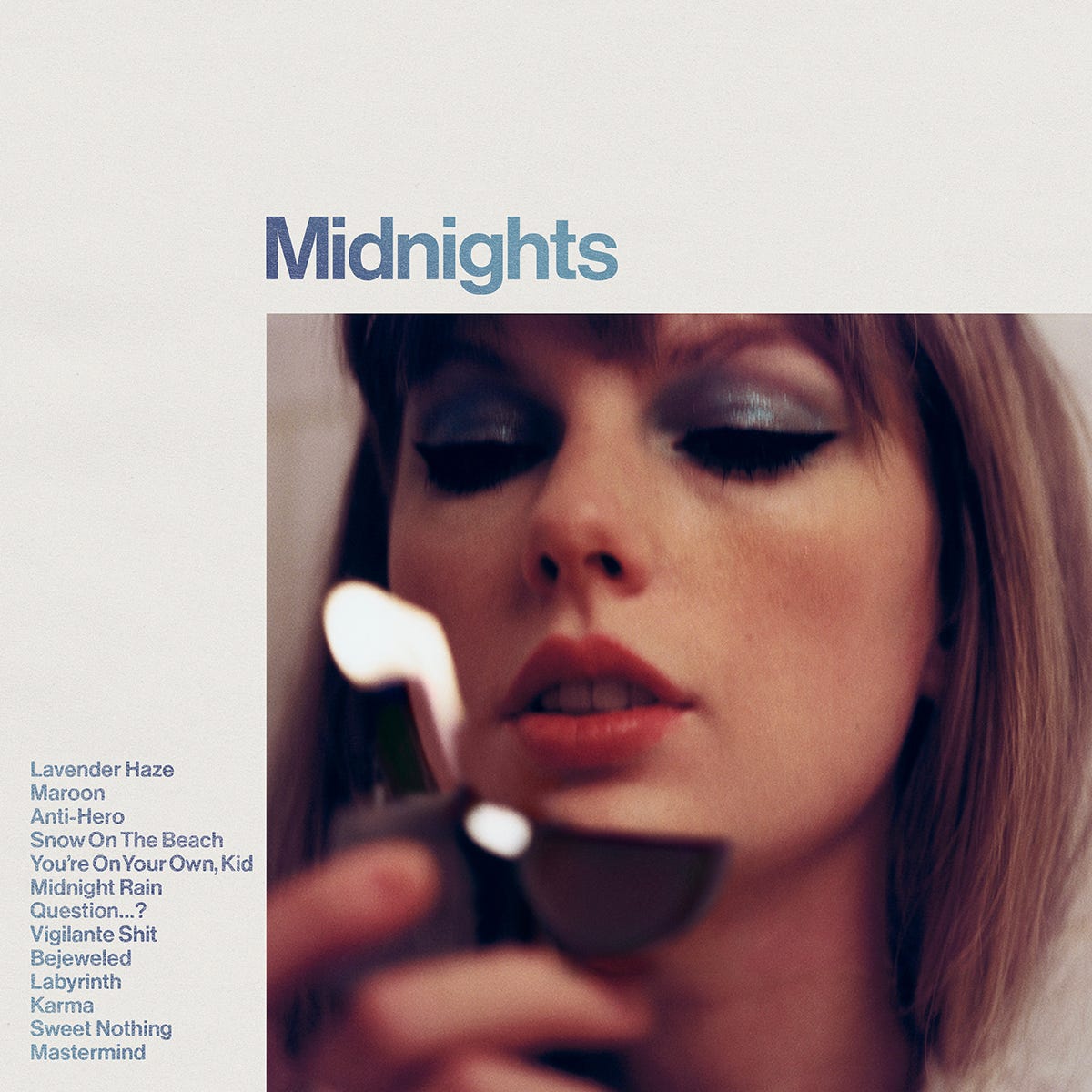
Taylor Swift
Final grade: 7.8/10
Thank goodness for “Midnights (3am Edition).” The album’s final grade* was rescued by the eight extra treats that Swift added to the original 13-song tracklist, plus the delirious breakup anthem “Hits Different,” which was added even later to “Midnights (The Til Dawn Edition).”
With a bit of trimming and editing (justice for “Would’ve Could’ve Should’ve”), this could’ve been a versatile and well-paced pop album. Unfortunately, as it stands, “Midnights” is an anticlimactic journey full of detours and flat landscapes.
A few lackluster tracks were enlivened by the Eras Tour, where “Midnights” dazzled as the closing segment on the setlist. Still, the studio versions can’t compare to the live arrangements, and songs like “Midnight Rain” and “Mastermind” are simply not striking enough to rise into “worth playing” territory.
Swift rarely explores the album’s themes in depth, preferring to gesture broadly at interesting ideas. I’m not an “Anti-Hero” hater, but you’re telling me the greatest songwriter of her generation couldn’t come up with a better way to critique the infantilization and sexualization of women in Hollywood than “Sometimes I feel like everybody is a sexy baby”? Please.
God-tier songs: “Would’ve Could’ve Should’ve”
Worth listening to: “Lavender Haze,” “Maroon,” “Anti-Hero,” “You’re On Your Own, Kid,” “Question…?,” “Karma,” “Sweet Nothing,” “The Great War,” “Bigger Than the Whole Sky,” “Paris,” “High Infidelity,” “Glitch,” “Dear Reader,” “Hits Different”
Background music: “Midnight Rain,” “Labyrinth,” “Mastermind,” “Snow On the Beach (featuring More Lana Del Rey)”
Skip: “Snow On the Beach (featuring Lana Del Rey),” “Vigilante Shit,” “Bejeweled,” “Karma (featuring Ice Spice)”
10. “Reputation”
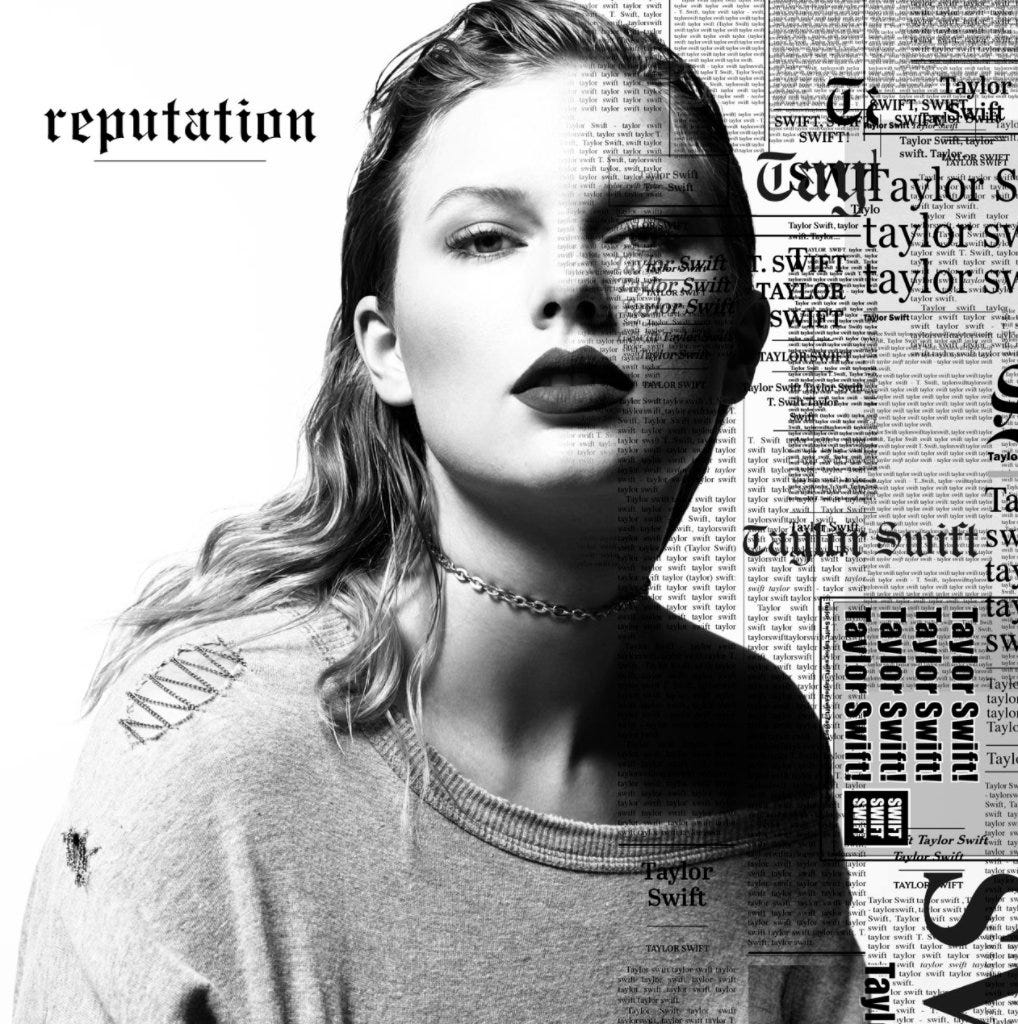
Taylor Swift
Final grade: 8.3/10
Any Swiftie will tell you that “Reputation” was made to be played live. I challenge anyone to watch the Reputation Stadium Tour documentary or the Eras Tour concert film and come away without intensified respect for bangers like “…Ready For It?,” “I Did Something Bad,” and “Don’t Blame Me.” (In fact, the five-track run that opens the album is still some of Swift’s most thrilling work.)
But outside those clips, “Reputation” exists as an album, not a live show. Despite glimmers of rollicking genius, the tracklist contains some of Swift’s worst decisions to date.
Her moments of sincerity (“Is it cool that I said all that? Is it chill that you’re in my head?”), or even sincere badassery (“If a man talks shit then I owe him nothing / I don’t regret it one bit, ’cause he had it coming”), are sparse compared to the aggressive pop posturing. Swift’s storytelling is overshadowed by the production, which tries to sound bold and maximalist but comes across instead as impersonal and heavy-handed. You may argue this effect is deliberate — camp, perhaps — but doing something on purpose doesn’t necessarily mean it’s good.
My score for “Reputation” is actually quite generous, considering “This Is Why We Can’t Have Nice Things” would fall dead last on my all-time ranking of Swift’s songs. Remembering that it was the closing number on the Repupation Stadium Tour setlist sends a cold shiver down my spine.
God-tier songs: “Delicate,” “Don’t Blame Me”
Worth listening to: “…Ready For It?,” “End Game (featuring Future and Ed Sheeran),” “I Did Something Bad,” “Getaway Car,” “Dancing With Our Hands Tied,” “Dress,” “Call It What You Want,” “New Year’s Day”
Background music: “So It Goes…”
Skip: “Look What You Made Me Do,” “Gorgeous,” “King of My Heart,” “This Is Why We Can’t Have Nice Things”
9. “Taylor Swift”
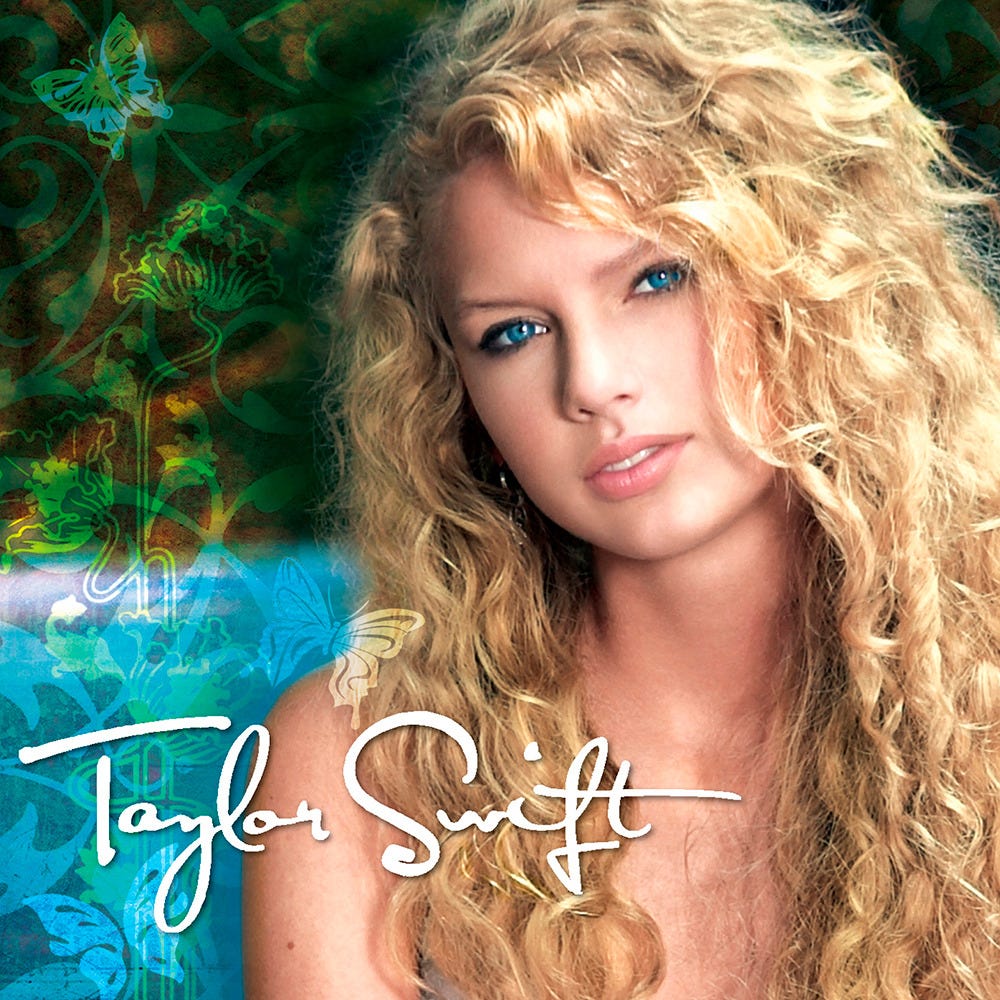
Taylor Swift
Final grade: 9/10
“Taylor Swift” is often regarded as Swift’s worst album, but that’s only because all her albums are good. Something has to be the “worst” — that’s how rankings work — and “Taylor Swift” is overlooked, being the singer’s first and most rudimentary work.
Released the same year Carrie Underwood was topping country charts with “Jesus, Take the Wheel” and “Before He Cheats,” Swift’s self-titled debut is archetypal banjo-pop with a girlish twang. It did its job well, putting her on the map in Nashville and beyond, but the album wasn’t designed to push any boundaries or set any trends.
Nevertheless, “Taylor Swift” has more timeless tunes than you may realize. Led by the memorable torch song “Tim McGraw” — cleverly named after an already-popular musician, long before others would use this very strategy to game streaming numbers — the 14-track album also includes hits like “Picture to Burn,” “Teardrops on My Guitar,” and “Should’ve Said No,” which remain staples in Swift’s discography. “Our Song” will go down in history as a masterpiece.
And that’s not to mention “Cold As You,” the heart-wrenching ballad that set the bar for Swift’s track-five tradition. (“You come away with a great little story / Of a mess of a dreamer with the nerve to adore you.” It still stings.)
The truth is, “Taylor Swift” did push boundaries and set trends. With just one album, Swift proved to Nashville that young women and girls have stories worth telling, and that she was perfectly capable of telling her own.
God-tier songs: “Picture to Burn,” “Our Song”
Worth listening to: “Tim McGraw,” “Teardrops On My Guitar,” “Cold As You,” “The Outside,” “Should’ve Said No,” “Mary’s Song (Oh My My My),” “I’m Only Me When I’m With You,” “A Perfectly Good Heart”
Background music: “Stay Beautiful”
Skip: “A Place in This World,” “Tied Together With a Smile,” “Invisible”
8. “Fearless”
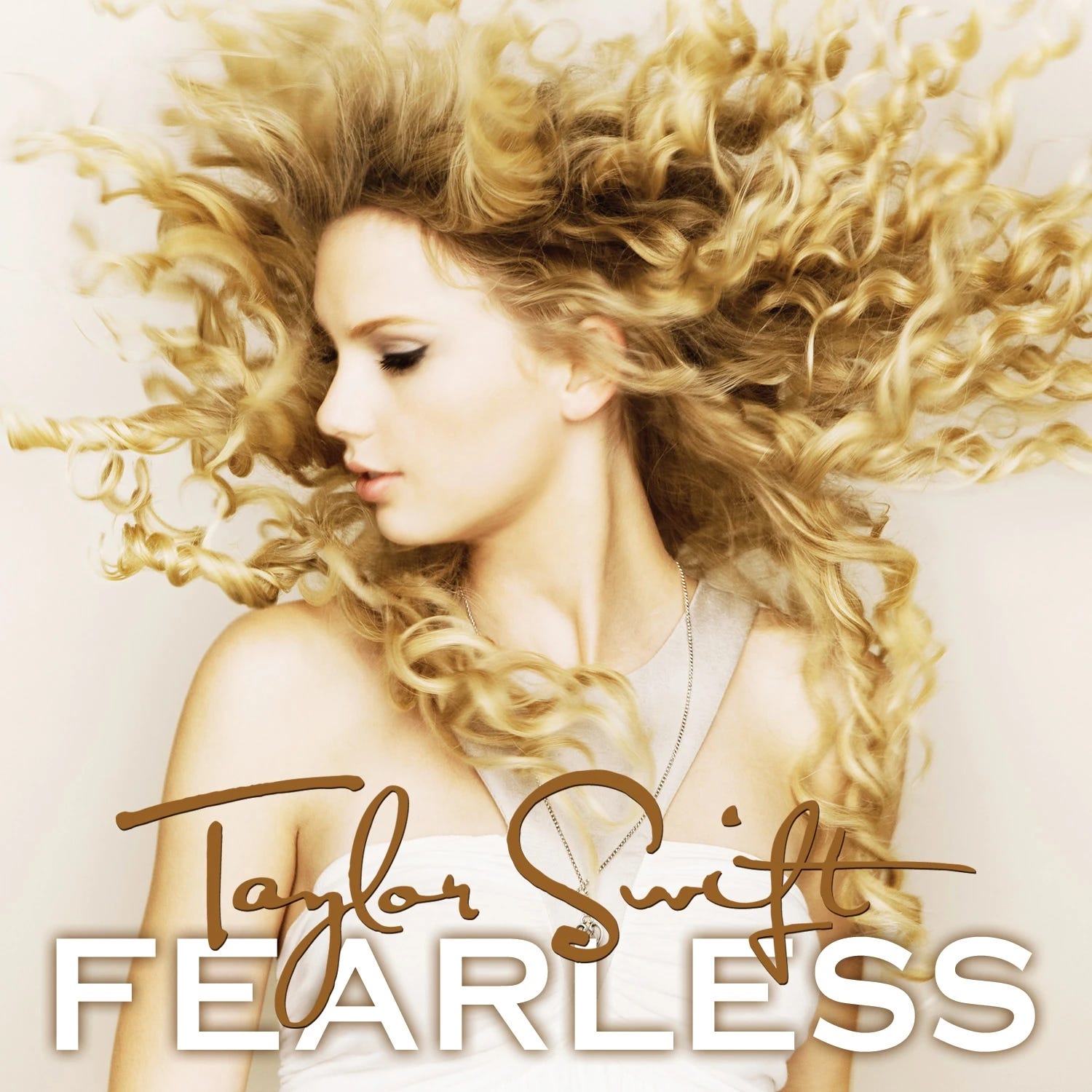
Taylor Swift
Final grade: 9.6/10
“Fearless” holds a legendary place in Swift’s career. It earned her first Grammy Award for album of the year when she was just 20 years old — at the time, the youngest artist ever to win — and it’s known as the most-awarded country album of all time.
“Fearless” is also a marvel of cohesion and consistency, a no-skips album in the purest sense.
That being said, cohesion can be a double-edged sword — especially after the release of “Fearless (Taylor’s Version),” which turned the album into a 26-track affair. It’s not Swift’s longest album, but it sure feels like it.
Save for the two certified classics that everyone and their mother could sing along to (you know the ones), the great songs on “Fearless” are all equally great. The less-great songs are all equally good. No track is iffy enough to stand out, but still, some feel interchangeable.
This would be a career-topping triumph for any other artist, and it hurts me to place it so low in this ranking. But in 2008, Swift was only just getting started. She kept getting better and better, crafting so many moments of shock and awe and undeniable musical genius for other albums; they make the climaxes on “Fearless” feel like prologues.
God-tier songs: “Love Story,” “You Belong With Me”
Worth listening to: “Fearless,” “Fifteen,” “Hey Stephen,” “White Horse,” “Breathe (featuring Colbie Caillat),” “Tell Me Why,” “You’re Not Sorry,” “The Way I Loved You,” “The Best Day,” “Change,” “Jump Then Fall,” “Forever & Always,” “The Other Side of the Door,” “You All Over Me (featuring Maren Morris),” “Mr. Perfectly Fine,” “Don’t You,” “That’s When (featuring Keith Urban),” “Bye Bye Baby”
Background music: “Untouchable,” “Forever and Always (Piano Version),” “Come In With the Rain,” “Superstar,” “Today Was a Fairytale,” “We Were Happy”
Skip: N/A
7. “Lover”
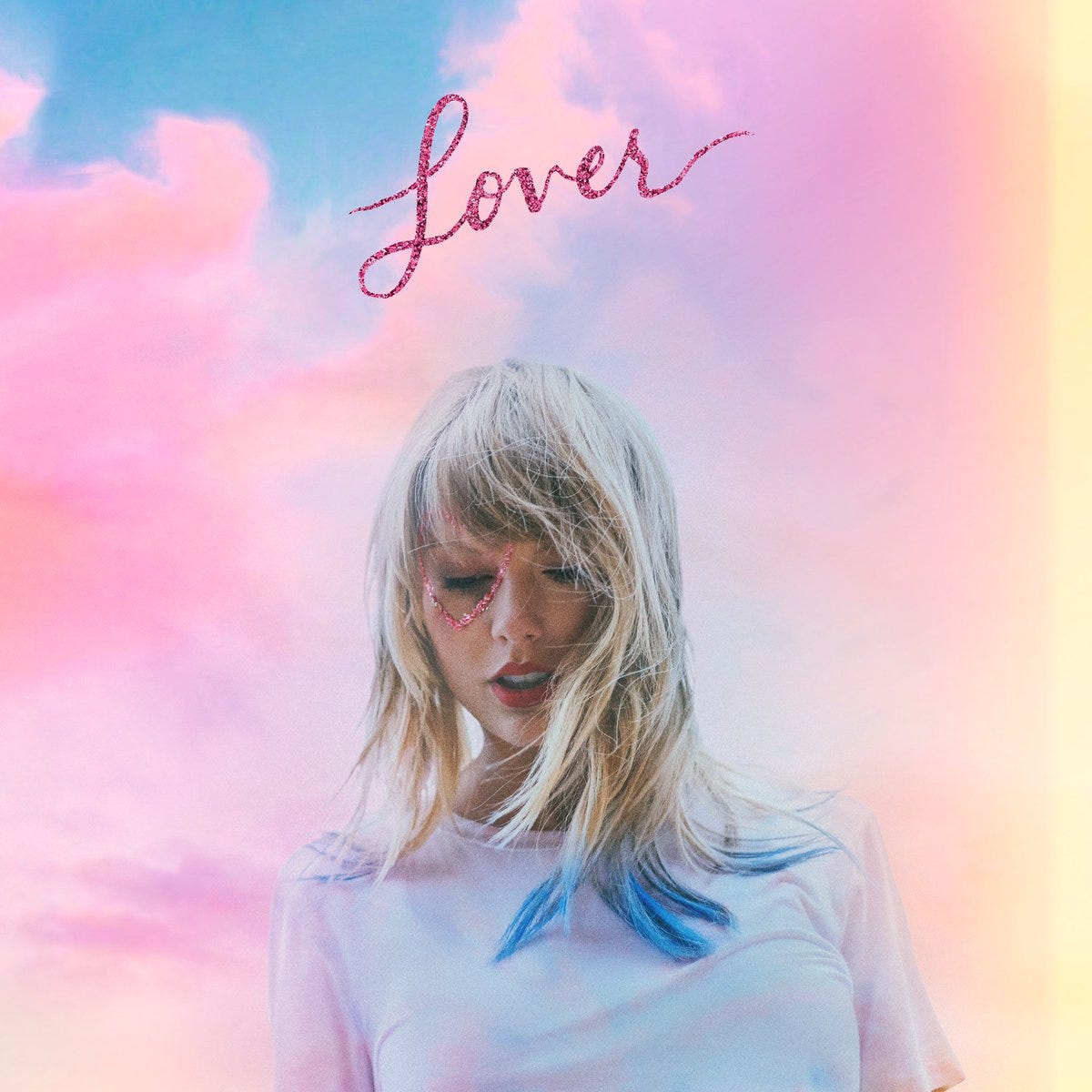
Taylor Swift
Final grade: 9.7/10
Sonically, “Lover” is a little all over the place, but it’s thematically solid. Swift described the album as “a love letter to love itself — all the captivating, spellbinding, maddening, devastating, red, blue, gray, golden aspects of it (that’s why there are so many songs).”
“So many songs” usually means there are more letdowns, and that’s certainly the case here. (Yes, “Me!” is campy and spelling is fun. It’s still a skip.)
But “Lover” also has more peaks than most of the albums in Swift’s oeuvre: “Cruel Summer” is goes-hard-in-the-car perfection; “The Archer” contains some of Swift’s most insightful lyricism to date; “Cornelia Street” is so vivid that it plays like an Oscar-winning short film; “Death by a Thousand Cuts” boasts a knockout bridge that hits every time like it’s the first time. The Mazzy Star-esque title track is particularly profound, equal parts elated and terrified, destined to soundtrack wedding dances until the end of time.
Coming off of “Reputation” and a great upheaval in Swift’s personal life, she was deeply aware that nothing is guaranteed, that change is inevitable, that forever is an impossible concept. And yet, she was brave enough to ask these questions anyway — “Can I go where you go? Can we always be this close?” — knowing the answer must always be no. The intermingling of love and anxiety is what sets “Lover” apart. It’s the sound of hope against all odds.
God-tier songs: “Cruel Summer,” “Lover,” “The Archer,” “Cornelia Street,” “Death by a Thousand Cuts”
Worth listening to: “The Man,” “I Think He Knows,” “Soon You’ll Get Better (featuring The Chicks),” “False God,” “Afterglow,” “It’s Nice to Have a Friend,” “Daylight”
Background music: “I Forgot That You Existed”
Skip: “Miss Americana & The Heartbreak Prince,” “Paper Rings,” “London Boy,” “You Need to Calm Down,” “Me! (featuring Brendon Urie)”
6. “Speak Now”
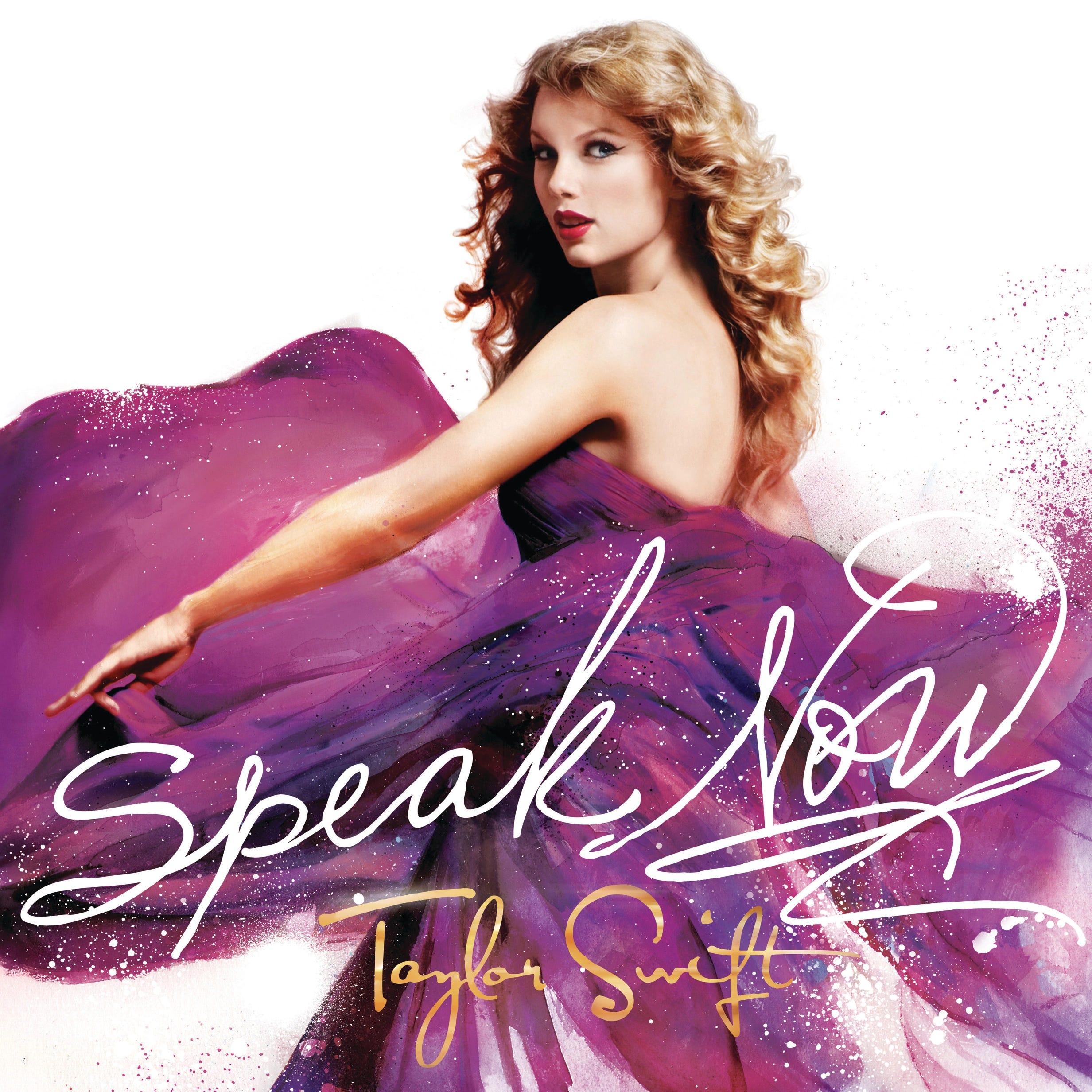
Taylor Swift
Final grade: 9.8/10
For much of Swift’s career, “Speak Now” was her most underrated album. Sandwiched between the commercial juggernaut “Fearless” and the fan-favorite “Red,” it seemed to fly under the radar for many of her casual listeners.
The “Speak Now” lore is essential to note. Swift was the only songwriter credited on the original 14-track album. She doubled down on “Speak Now (Taylor’s Version),” only adding vault tracks that she wrote by herself.
“I didn’t want to just be handed respect and acceptance in my field, I wanted to earn it,” she explained in the rerecorded album’s prologue. “I figured, they couldn’t give all the credit to my cowriters if there weren’t any.”
“I had no idea how much this pain would shape me,” Swft continued. “This was the beginning of my series of creative choices made by reacting to setbacks with defiance.”
Indeed, “Speak Now” is a self-portrait of a precocious young woman, hungry to prove herself. It’s also a curious paradox; for someone so preoccupied with being perceived as a “good girl,” her only self-written album is surprisingly fierce, strong-willed, and gutsy.
The title track casts Swift as a rebel with a cause, itching to interrupt her soulmate’s wedding, while the unforgettable power ballad “Dear John” rebukes an older man who should’ve known better.
She confronts her critics on “Mean” and sneers at a vintage dress-wearing saboteur in “Better Than Revenge.” Even with the now-infamous lyric change, the song is packed with quick jabs and pithy one-liners, including one that feels downright prophetic today: “You might have him, but I always get the last word.”
Other standouts like “Enchanted,” “Haunted,” and “Long Live” further reveal the album’s emo-rock roots. For “Speak Now (Taylor’s Version),” Swift brought her influences to the foreground, enlisting Warped Tour icons Hayley Williams and Fall Out Boy as featured artists.
Unfortunately, the vault tracks aren’t all winners, hurting the album’s updated score, but Swift’s mature voice breathed new life into other deep cuts.
“Innocent,” which I used to consider a skip, is truly sublime when delivered by an actual 32-year-old who’s still growing up, now. Once dedicated to a man who didn’t deserve it, the song now shines in the afterglow of self-reflection, as though teenage Swift is reaching through time to comfort her future self.
“Speak Now” was always an album about making mistakes and overcoming shame, about “reacting to setbacks with defiance,” in Swift’s own words. “Speak Now (Taylor’s Version)” is the physical embodiment of that spirit. By reclaiming ownership of her music, Swift made sure her words would ring truer than ever.
God-tier songs: “Dear John,” “Enchanted,” “Long Live”
Worth listening to: “Mine,” “Sparks Fly,” “Back to December,” “Speak Now,” “Mean,” “The Story of Us,” “Better Than Revenge,” “Innocent,” “Haunted,” “Last Kiss,” “If This Was A Movie,” “Electric Touch (featuring Fall Out Boy),” “I Can See You,” “Castles Crumbling (featuring Hayley Williams)”
Background music: “Never Grow Up,” “Ours,” “When Emma Falls In Love,” “Foolish One,” “Timeless”
Skip: “Superman”
5. “The Tortured Poets Department: The Anthology”
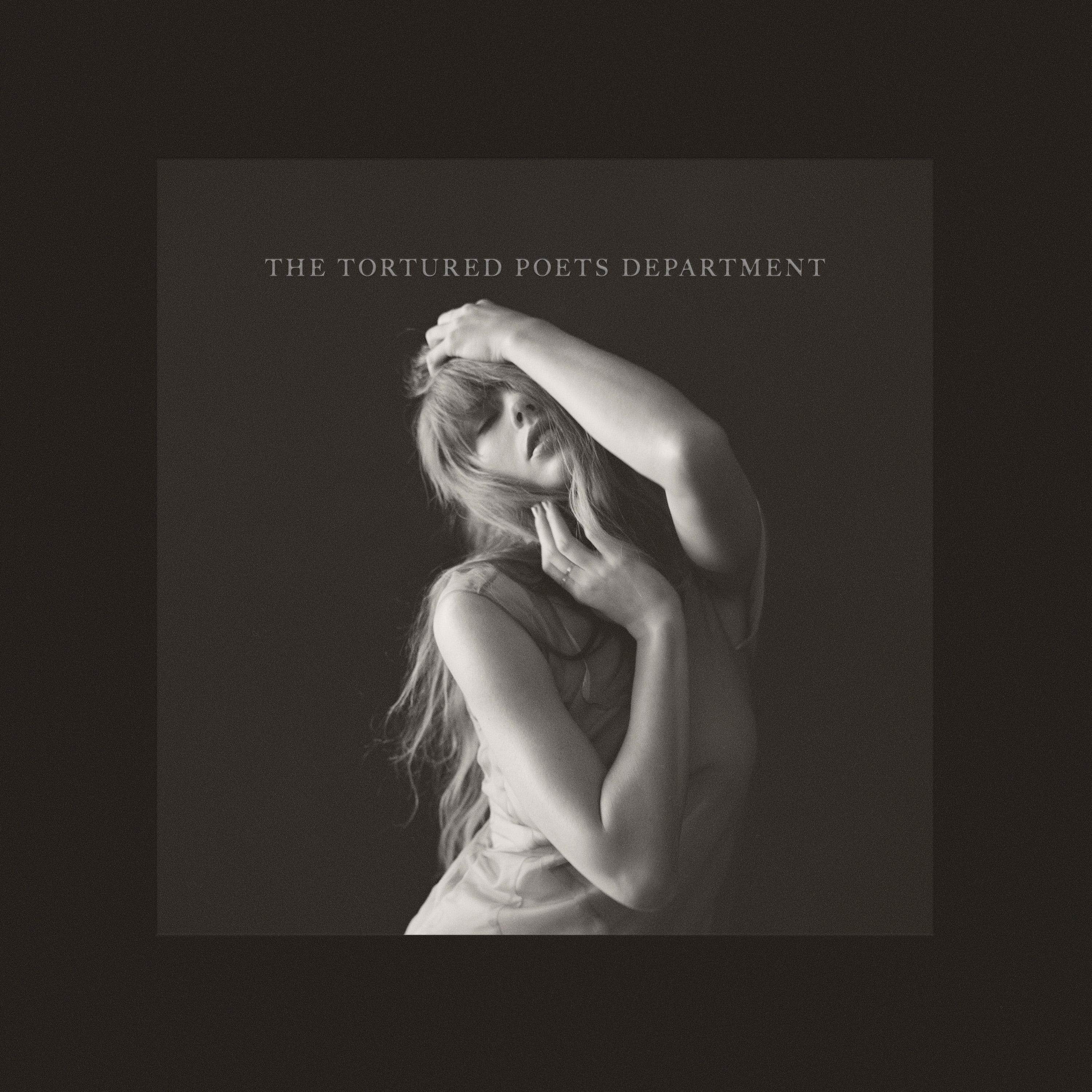
Taylor Swift
Final grade: 10.3/10
This is where we cross into stratospheric territory.
Because my Swift-specific grading system gives an extra point to the best songs in her catalog, the top five albums have all scored above a 10 because their gems outweigh their duds. (If you have a problem with this system, you’ll be happy to know that it’s made up and just for fun! Take it up with your therapist.)
With 31 tracks and a two-hour run time, “The Tortured Poets Department” and its companion double album, “The Anthology,” require a certain level of endurance.
However, for those who are eager to dive in, the depths are rich, funny, and immensely rewarding.
It’s true that many of these songs invite surface-level speculation: Who is the “tattooed golden retriever” mentioned in the title track? The resentful man in the house by the Heath? The vipers dressed in empath’s clothing? The answers are pretty obvious for Easter-egg hunters, if you care about that sort of thing.
But the album also resists a simple, linear narrative. Fans will twist themselves into knots trying to plot every detail on a timeline, but Swift’s muses, acquired like bruises, all share one thing in common: the author’s exacting lens. It’s Swift’s pen, and therefore her perspective.
And Swift never pretends to be a reliable narrator. For a self-described tortured poet, emotion takes precedence over reality. It’s not about what happened. It’s about how it felt.
Swift knows she sounds unruly, manic, even petty at times: “Everything comes out teenage petulance,” “Growing up precocious sometimes means not growing up at all,” “I sound like an infant, feeling like the very last drops of an ink pen.” The mess is the whole point.
Unlike her more polished pop releases, “Poets” is more concerned with confession and catharsis than mass appeal. That’s bound to alienate some listeners, but it’s ultimately better for Swift’s legacy and long-term artistic growth.
A top-five ranking may strike some as generous or premature, but this album is destined to age well, as subtle allusions, double meanings, and layers of humor are slowly peeled back. When Swift sings, “Put narcotics into all my songs / And that’s why you’re still singing along,” she may be teasing, but she isn’t wrong.
God-tier songs: “Guilty as Sin?,” “Who’s Afraid of Little Old Me?,” “Loml,” “The Black Dog,” “The Prophecy”
Worth listening to: “My Boy Only Breaks His Favorite Toys,” “Down Bad,” “So Long, London,” “But Daddy I Love Him,” “Fresh Out the Slammer,” “Florida!!! (featuring Florence + The Machine),” “I Can Do It With a Broken Heart,” “The Smallest Man Who Ever Lived,” “Clara Bow,” “imgonnagetyouback,” “The Albatross,” “Chloe or Sam or Sophia or Marcus,” “How Did It End?,” “So High School,” “I Hate It Here,” “I Look in People’s Windows,” “Cassandra,” “Peter,” “The Bolter,” “The Manuscript”
Background music: “I Can Fix Him (No Really I Can),” “The Alchemy,” “Thank You Aimee,” “Robin”
Press skip: “Fortnight,” “The Tortured Poets Department”
4. “1989”
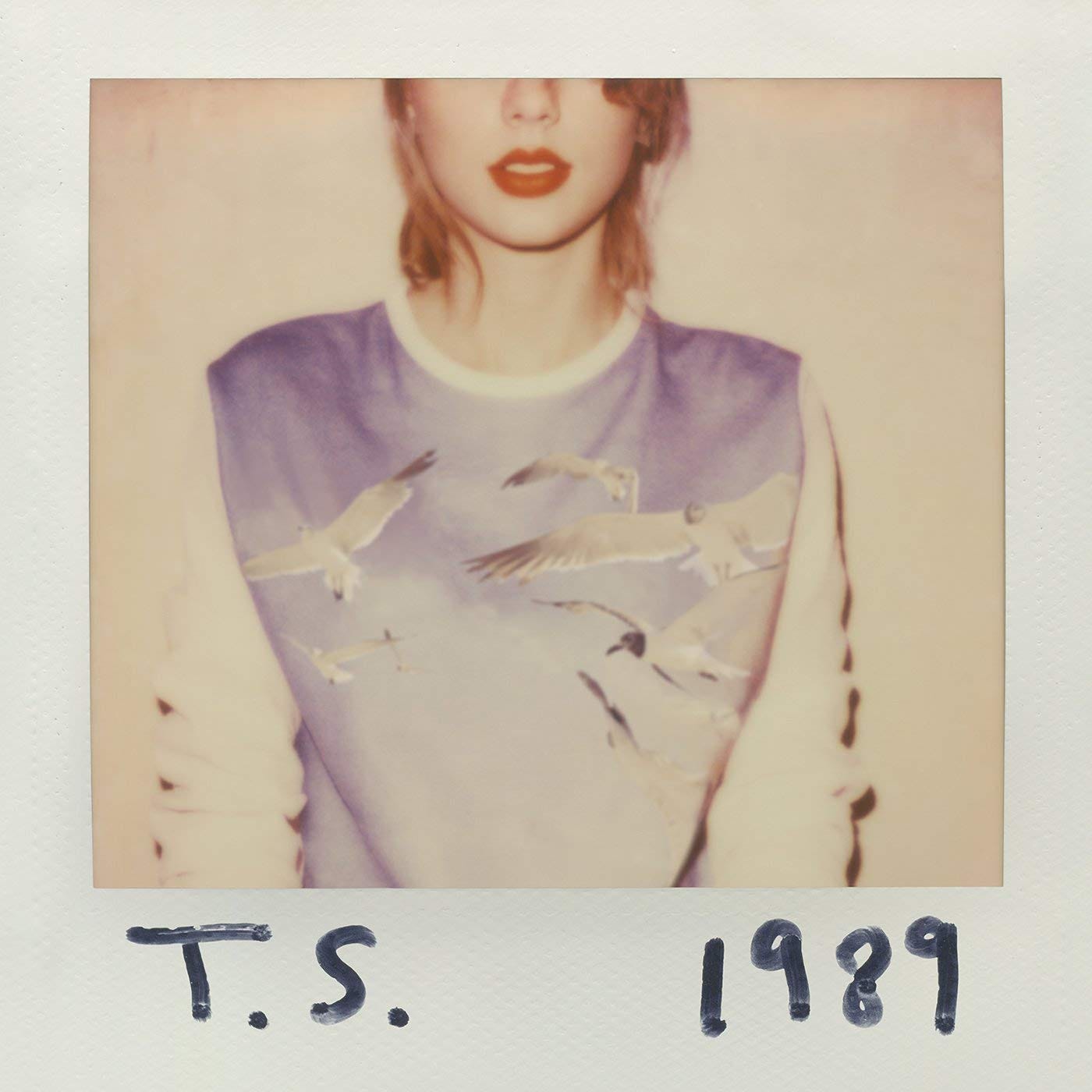
Taylor Swift
Final grade: 10.5/10
Upon its release in 2014, “1989” was a meteor strike, blasting a crater that set the scene for Swift’s risky reinvention. Something in the atmosphere changed when she became a full-blown pop star.
Even with three deluxe tracks, the original album is one of the most conceptually and sonically coherent of Swift’s career. It also contains a staggering amount of bulletproof pop music, the kind that’s so catchy and anatomically perfect that it converts the non-believers. (“Style” remains the best pop song that Swift has ever made.)
Nearly a decade later, Swift unveiled “1989 (Taylor’s Version)” with five additional songs. Thankfully, the integrity of the album remained intact. The extra length didn’t harm its standing because every vault track is excellent, slotting nicely into a saga of youth, reckless euphoria, and romance at any cost.
In fact, the album’s grade got a boost from “Is It Over Now?” The fifth and final vault track immediately struck fans as God-tier, and it shot to No. 1 on the Billboard Hot 100 with no promo campaign to speak of.
Only Swift could cut heaters like that, or “Say Don’t Go,” or “Now That We Don’t Talk,” from her tracklist — and sit on them for years — because her album was already stuffed with career highlights.
At 24 years old, she wrote lyrics like “You kissed me in a way that’s gonna screw me up forever” and “You dream of my mouth before it called you a lying traitor” and then she left them behind like it was just another day. For her, I guess, it was. “Being this young is art,” she croons in “Slut!” — and when it comes to Swift, she’s absolutely right.
The word “iconic” is thrown around a lot these days. But “1989,” in all its iterations, truly deserves it.
God-tier songs: “Blank Space,” “Style,” “Clean,” “New Romantics,” “Is It Over Now?”
Worth listening to: “Out of the Woods,” “All You Had to Do Was Stay,” “I Wish You Would,” “Wildest Dreams,” “This Love,” “I Know Places,” “Wonderland,” “You Are In Love,” “Slut!,” “Say Don’t Go,” “Now That We Don’t Talk,” “Suburban Legends”
Background music: “Welcome to New York,” “Bad Blood (featuring Kendrick Lamar)”
Skip: “Shake It Off,” “Bad Blood,” “How You Get the Girl”
3. “Evermore”

Taylor Swift
Final grade: 10.9/10
As BI’s music team wisely said in our review, “Evermore” isn’t as good as “Folklore,” but it’s still better than what everybody else was doing in 2020. The sister albums were released just five months apart because, as Swift put it, “we just couldn’t stop writing songs.”
She reunited with producers Aaron Dessner and Jack Antonoff to create another collection of mythic, intricate songs, which usually double as stories and sometimes as diary entries. This collection is more varied and less reliable than its predecessor; Swift tends to lose focus in the latter half of the tracklist.
Nevertheless, “Evermore” is far from lacking feeling or ingenuity. It bears some of the most visceral turns of phrase to ever spring from Swift’s brain: “Your Midas touch on the Chevy door / November flush and your flannel cure,” “I don’t like slow motion, double vision in rose blush / I don’t like that falling feels like flying ’til the bone crush,” the entire bridge of “Marjorie,” the entirety of “Ivy.”
God-tier songs: “Champagne Problems,” “Tolerate It,” “Ivy,” “Right Where You Left Me”
Worth listening to: “Willow,” “Gold Rush,” “‘Tis the Damn Season,” “No Body No Crime (featuring Haim),” “Dorothea,” “Coney Island (featuring The National),” “Cowboy Like Me,” “Marjorie,” “Evermore (featuring Bon Iver),” “It’s Time to Go”
Background music: “Happiness”
Skip: “Long Story Short,” “Closure”
2. “Red”
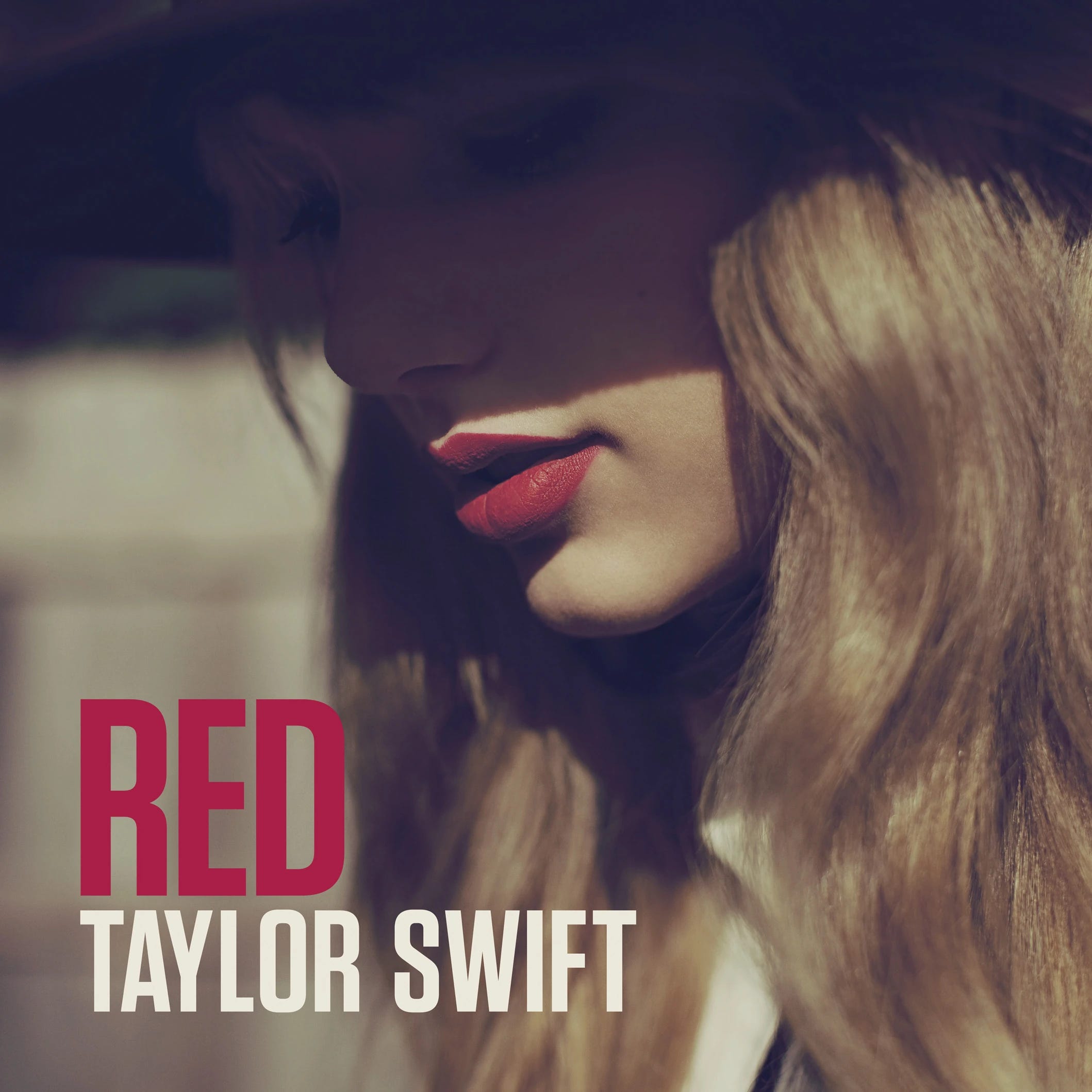
Taylor Swift
Final grade: 11/10
For many years, it was hard to imagine a time when “Red” would be dethroned as Swift’s best album.
Now, even knowing that Swift’s prolificacy and ambition apparently know no bounds, it’s still hard to imagine a day when it won’t at least land in the top three. It has always held a special place in the hearts of Swifties, and the invigorating release of “Red (Taylor’s Version)” cemented that legacy.
The album is equipped with a not-so-secret weapon: “All Too Well,” the single best song Swift has ever released.
Hell, it’s so good that both versions — the original as well as its long-awaited extended counterpart — are scored as God-tier in this ranking, earning an extra point apiece. “All Too Well” is a triumph of brevity, a burst of longing that still manages to tell a complete tale, while “All Too Well (10 Minute Version)” is a glorious unspooling that reveals additional scenes of hurt and betrayal.
But of course, the power of “Red” isn’t drawn entirely from one source. In fact, it’s a testament to the album’s holistic brilliance that even a giant like “All Too Well” can’t dwarf its fellow tracks. The vast majority hold their own; only a handful fail to satisfy Swift’s promise of “happy, free, confused, and lonely at the same time.” It is miserable and magical.
And unlike some of its rerecorded peers, “Red” benefits from its “Taylor’s Version” extension. All nine vault tracks are unique and worthy additions, adding new layers to the story of Swift’s early-20s spiral.
God-tier songs: “State of Grace,” “Treacherous,” “All Too Well,” “We Are Never Ever Getting Back Together,” “Holy Ground,” “All Too Well (10 Minute Version)”
Worth listening to: “Red,” “I Knew You Were Trouble,” “22,” “I Almost Do,” “Stay Stay Stay,” “The Last Time (featuring Gary Lightbody),” “Everything Has Changed (featuring Ed Sheeran),” “Begin Again,” “The Moment I Knew,” “Come Back… Be Here,” “State of Grace (Acoustic),” “Ronan,” “Better Man,” “Nothing New (featuring Phoebe Bridgers),” “Babe,” “Message In a Bottle,” “I Bet You Think About Me (featuring Chris Stapleton),” “Forever Winter,” “Run (featuring Ed Sheeran),” “The Very First Night”
Background music: “The Lucky One,” “Starlight”
Skip: “Sad Beautiful Tragic,” “Girl at Home”
1. “Folklore”
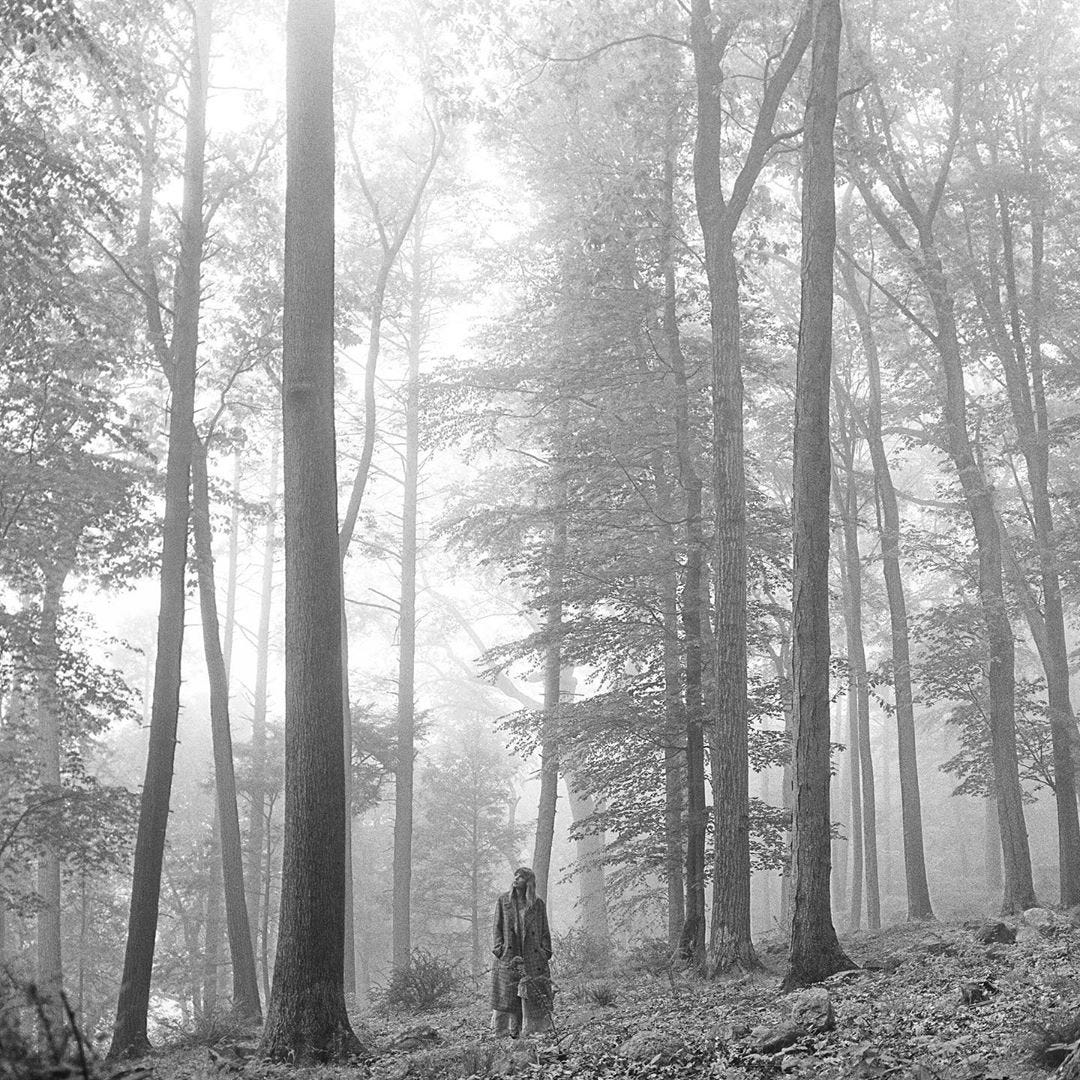
Taylor Swift
Final grade: 12.4/10
What can I say about “Folklore” that hasn’t already been said? It’s a folk-pop monument, a crucial inflection point in Swift’s career, a feast of narrative twists and poetic winks. It forever changed the way people would perceive Swift, whose celebrity often threatens to eclipse her craftsmanship; by stripping back the production and embracing a quieter, more contemplative sound, Swift made her lyrical prowess undeniable. Even the worst song on the tracklist is a masterclass in musical storytelling.
“Folklore” was the best album of 2020 and reigns as the best album of Swift’s career thus far — the ideal blend of artistry, listenability, critical acclaim, and cultural impact.
God-tier songs: “The 1,” “Mirrorball,” “August,” “This Is Me Trying,” “Peace”
Worth listening to: “Cardigan,” “Exile (featuring Bon Iver),” “My Tears Ricochet,” “Seven,” “Illicit Affairs,” “Invisible String,” “Mad Woman,” “Betty,” “Hoax,” “The Lakes”
Background music: “Epiphany,” “The Last Great American Dynasty”
Skip: N/A
*Final album score based on songs per category (2 points for “God-tier song,” 1 point for “Worth listening to,” .5 for “Background music,” 0 for “Press skip”).
Read the original article on Business Insider
The post Every Taylor Swift album, ranked from worst to best appeared first on Business Insider.




